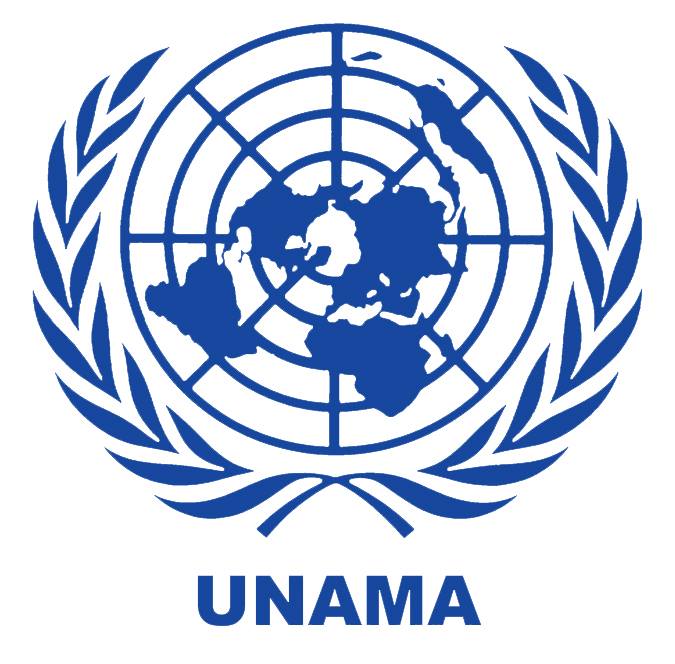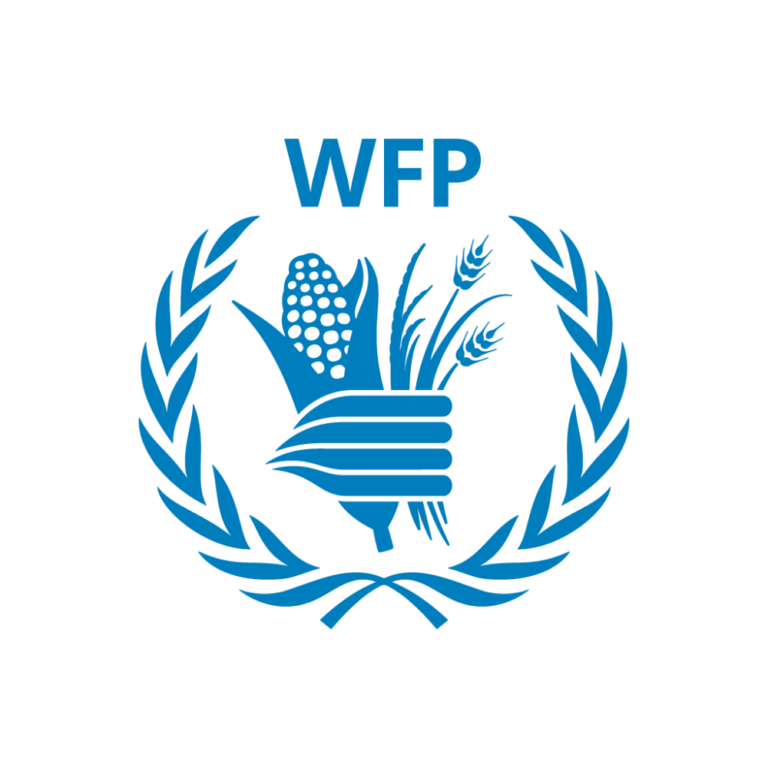Details
Mission and objectives
UNAMA was established in 2002 as a Political/ Peacebuilding Mission, exceptionally directed and supported by the UN Department of Peacekeeping Operations (DPKO) – SC Resolution 2145 on 17 March 2014.
Context
The United Nations Assistance Mission in Afghanistan (UNAMA) is mandated by Security Council Resolution 2626 (2022) which was extended under Resolution 2678 (2023). This mandate tasks UNAMA with the promotion and support of humanitarian assistance in line with humanitarian principles, human rights, equality for women and girls, inclusive governance, resilience, and economic stability, and with the use of our good offices for principled and constructive engagement with all national, regional, and global stakeholders in the pursuit of Afghanistan’s peace and stability. UNAMA reaffirms its strong commitment to the sovereignty, independence, territorial integrity, and national unity of Afghanistan; as well as its continued support for the people of Afghanistan, within the framework of the UN Charter and other international laws and instruments. UNAMA’s vision is for a stable and prosperous Afghanistan that lives at peace with itself and its neighbours, where the rights of all the people of Afghanistan are upheld, without discrimination.
Task description
Under the direct supervision of Chief Geospatial Information and Telecommunications Technology Section (GITTS), the UN Volunteer will undertake the following tasks: • Monitoring, Configuring, and Maintenance of UNAMA TETRA System including Provisioning Centre and Mobile Switching Office (MSO). • Administer, Optimize and maintain database administration of all TETRA servers, routers and RF sites. • Install, configure and maintain TETRA RF Sites and Control Sites in different locations of UNAMA offices. • Configuring and maintenanance of TETRA Handheld and Vehicle Mobile/Base stations used by UNAMA and other UN Agencies which are connected with UNAMA TETRA system. • Support initiatives related to UNAMA TETRA centralization and update all the UNAMA TETRA, Repeater, Radios and connect to centralized TETRA system. • Configure, Install and Maintain of Radio communication equipment, UHF/VHF/HF Base and Mobile stations with different types of antennas inside UNAMA mission area. • Provide on spot support to users in field offices on the operation of communication equipment. • Provide Radio Operation Training to all UNAMA staff members. • Assist in installation and maintenance of various telecommunication equipment at various sites, including programming of TETRA Radio sets, multiplex devices, power supplies, erection of antennas and related accessories termination and telephone expansion wiring, Radio, microwave, and satellite communications (VSAT system). Undertake installation of mobile UHF/VHF/HF radios in the vehicles. • Provide assistance in supporting radio, microwave, satellite communications and telephone system in the field offices. • Performs regular preventative and corrective maintenance on telecommunication equipment such as UHF/VHF/HF Radio etc. • Ensure that all the required spare parts and supplies are in place to minimize the downtime. • Provide technical support to all sections and units in communication operations. • Erect antenna masts and install antennas. • Perform radio link calculation and path profile analysis. • Complete work orders and filling record-keeping tasks for the unit in accordance with established procedures. • Performs tasks related to scheduled services requests with minimum delay. • Provide installation/maintenance assistance to the other FTS units (microwave, satellite, PABX, IT and AMU). • Arrange work schedule and report day-to-day activities to supervisor. • Contributes to the collection and analysis of data, identification of trends or patterns, and provides draft insights through graphs, charts, tables and reports; using data visualization methods for data-driven planning, decision-making, presentation and reporting. • Documents requirements and background information used for data analysis. • Any additional tasks as directed by the Section Chief.
Eligibility criteria
Age
27 – 80
Nationality
Candidate must be a national of a country other than the country of assignment.
Requirements
Required experience
3 years of experience in the information and communications technology field, systems administration and maintenance, software applications, hardware installation and related work (relevant experience) is required. Knowledge of Telecommunications systems is Mandatory. Knowledge of TETRA, CODAN, HF/VHF/UHF radio communications is required. Knowledge of data analytics and data visualization are desirable. Valid Certification in Rigging is an advantage. A previous experience in the UN system will be an advantage.
Area(s) of expertise
Information technology
Driving license
–
Languages
English, Level: Fluent, Required
Required education level
Secondary education
Competencies and values
, Accountability, Adaptability and Flexibility, Commitment to Continuous Learning, Communication, Professionalism, Working in Teams
Other information
Living conditions and remarks
The initial contract is issued upon arrival for the period indicated above. The contract can be extended depending on continuation of mandate, availability of funding, operational necessity and satisfactory performance. However, there is no expectancy of renewal of the assignment. A UN Volunteer receives a Volunteer Living Allowance (VLA), which is composed of a Monthly Living Allowance (MLA) and a Family Allowance (FA) for those with dependents (maximum three). The Volunteer Living Allowance (VLA) is paid at the end of each month to cover housing, utilities, transportation, communications and other basic needs. The VLA can be calculated using by applying the Post-Adjustment Multiplier (PAM) . The VLA base rate is a global rate across the world, while the PAM is duty station/country-specific and fluctuates on a monthly basis according to cost of living. This method ensures that international UN Volunteers have comparable purchasing power at all duty stations irrespective of varying costs of living. The PAM is established by the International Civil Service Commission (ICSC) and is published at the beginning of every month on the ICSC website – http://icsc.un.org. In non-family duty stations that belong to hardship categories D or E, as classified by the ICSC, international UN Volunteers receive a Well-Being Differential (WBD) on a monthly basis. Furthermore, UN Volunteers are provided a n Entry Lump sum (SIG) at the start of the assignment (if the volunteer did not reside in the duty station for at least 6 months prior to taking up the assignment) and in the event of a permanent reassignment to another duty station. UNV provides life, health, permanent disability insurances as well as assignment travel, annual leave, full integration in the UN security framework (including residential security reimbursements). UN Volunteers are paid Daily Subsistence Allowance at the UN rate for official travels, flight tickets for periodic home visit and for the final repatriation travel (if applicable). Resettlement allowance is paid for satisfactory service at the end of the assignment. UNV will provide, together with the offer of assignment, a copy of the Conditions of Service, including Code of conduct, to the successful candidate.
Inclusivity statement
United Nations Volunteers is an equal opportunity programme that welcomes applications from qualified professionals. We are committed to achieving diversity in terms of gender, care protected characteristics. As part of their adherence to the values of UNV, all UN Volunteers commit themselves to combat any form of discrimination, and to promoting respect for human rights and individual dignity, without distinction of a person’s race, sex, gender identity, religion, nationality, ethnic origin, sexual orientation, disability, pregnancy, age, language, social origin or other status.
Note on Covid-19 vaccination requirements
Selected candidates for certain occupational groups may be subject to inoculation (vaccination) requirements, including against SARS-CoV-2 (Covid-19) in line with the applicable host entity policy


















